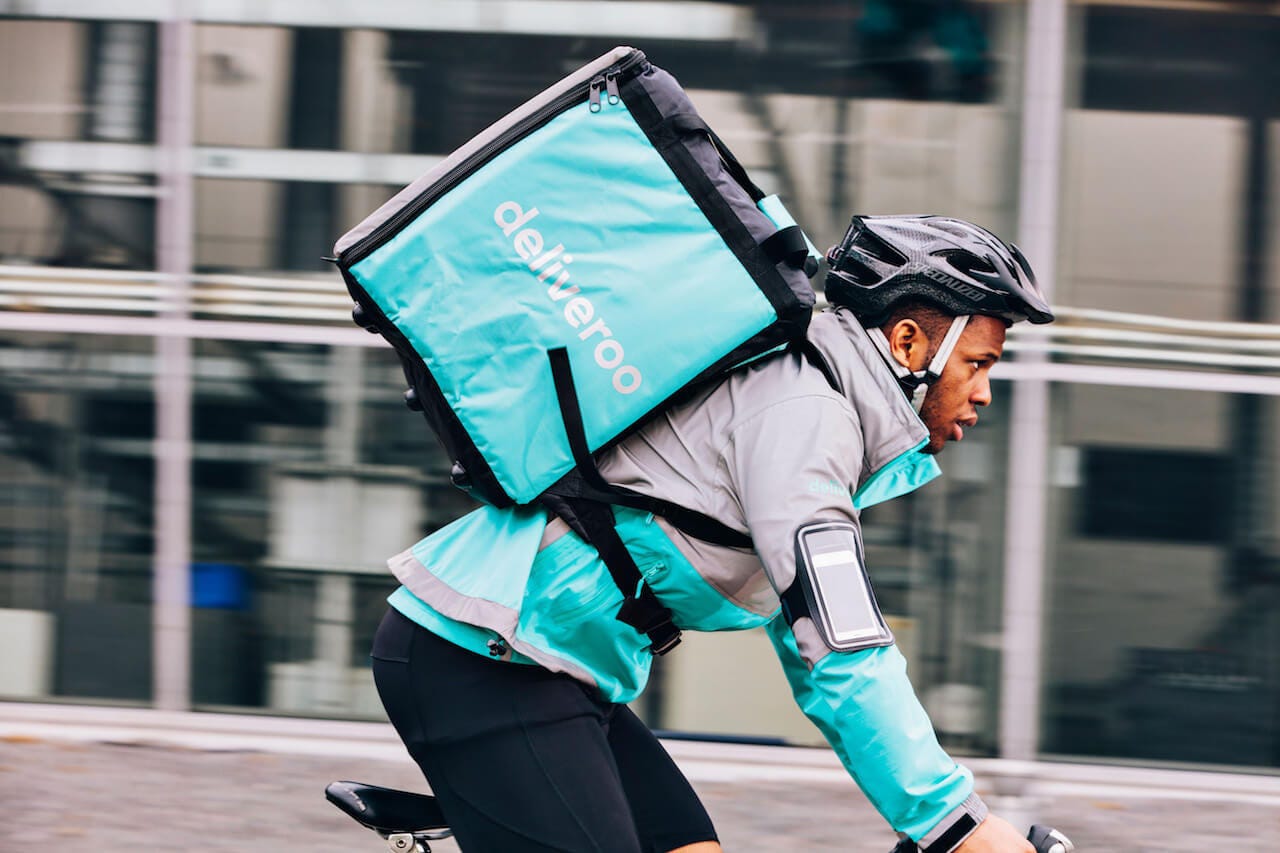Australian FWC finds Deliveroo worker was an employee and unfairly sacked


In an Australian landmark judgment, the Fair Work Commission (FWC) has concluded that the Amazon-backed Deliveroo had an employer-employee relationship with one of its former food delivery workers.
Deliveroo was sued by the former delivery worker, Diego Franco, in May last year, who had raised the action as he believed he was unfairly dismissed.
On Tuesday afternoon, the FWC agreed with Franco, saying that he was indeed a Deliveroo employee due to the extent of control possessed by Deliveroo.
In particular, the FWC found Deliveroo's self-serve booking (SSB) system, which gave preferential treatment to riders who booked desirable times for engagement, directed Franco to undertake work at particular times and regularly make himself available for work, and to not cancel booked engagements.
Although Franco was not required to work for any particular length of time, or to even accept a delivery order once he had logged into a booked session, the economic reality of the situation would ordinarily compel a rider to undertake delivery work, the FWC said.
"After all, the objective of the entire process is to get paid," commissioner Ian Cambridge wrote in his judgment.
"What might have, superficially, appeared to be an absence of control over when, where, or how long Mr Franco performed work for Deliveroo, actually camouflaged the significant capacity for control that Deliveroo, (like other digital platform companies) possesses."
In the judgment, Cambridge also addressed the relevance of gig workers "multi-apping" -- to deliver for various platforms simultaneously -- in relation to employer-employee relationships, saying that this practice was an example of the phenomenon of change that new technology has brought to the traditional arrangements for employment.
Cambridge said traditional arrangements for the performance of work have altered significantly in response to COVID, whereby the amount of jobs a person can occupy simultaneously is often only limited by technology.
"Consequently, circumstances where an individual may be simultaneously working for two or more employers has become a reality because the physical presence of that individual in a workplace is no longer a fundamental requirement for the work to be performed," he wrote.
"Traditional notions regarding the exclusivity necessary for the establishment of an employment relationship require reconsideration."
The latest FWC decision also distinguished itself from a previous ruling that found an Uber driver was not an employee, as Franco used Deliveroo branded attire and equipment and was "clearly encouraged" to do so. The Uber ruling is currently under appeal at Federal Court.
With Franco being classified as a Deliveroo employee, the FWC also found that he was unfairly dismissed. The unfair dismissal decision was due to Franco being dismissed despite not being given any clear indication of the delivery times that were expected of him.
In light of these findings, the FWC has ordered for Franco's reinstatement as a Deliveroo employee, continuity of service, and reimbursement of lost pay.
"This is an important judgment and puts Australia in line with other countries across the world from the UK, to Spain and the Netherlands where the rights of gig economy workers have been recognised. This ruling has huge implications for gig workers in Australia and we urge the Federal government to look at it today and to start devising regulation now," TWU national secretary Michael Kaine said.
Moving forward, while the FWC judgment deemed that any delivery riders using the SSB system most likely would be classified as a Deliveroo employee, the company ceased operation of the SSB system in January 2020.
Taking that into account, Cambridge said capacity for this control is inherently available from any utilisation of the significant volume of data, regardless of whether the SSB system was still be used, especially if it provides metrics to help exercise control of engagement and work performance.
He did not go so far as to state that all food delivery workers are employees due to platforms having this data, however.
On Wednesday morning, Deliveroo said it would file an appeal as it does not believe the FWC's judgment reflects how Deliveroo riders work with the company in practice.
"We are confident that riders are engaged as independent contractors. Riders have the absolute freedom to decide whether, when and where they work, and if they do go online they can decide how long to work and can freely reject any offer of work offered to them," a Deliveroo spokesperson said in an emailed statement.
Meanwhile, Shadow Minister for Industrial Relations Tony Burke said despite the decision being a major win, the fight for gig workers was far from over as platforms could restructure their business to avoid obligations.
"Labor congratulates Mr Franco and the Transport Workers' Union for advocating on his behalf to achieve today's win. But the risk now is Deliveroo and other gig work companies will reorganise to avoid any further obligations to workers," he said.
"Right now gig workers are being ripped off and exploited. They are working in dangerous conditions with poor pay and almost no rights, protections and entitlements. That's why we saw five delivery riders die on our roads in three months."
In February, Labor outlined plans that would see the country's current industrial relations policy overhauled so that gig economy workers are recognised as employees, and be given access to leave entitlements and a minimum wage.
Updated at 11:30am AEST, 19 May 2021: added comments from Deliveroo spokesperson.
Related Coverage
- Menulog moves to give couriers access to fair pay and job entitlements
- Labor vows to legislate job security, pay, and entitlements for gig economy workers
- Sacked Uber Eats delivery worker's Federal Court appeal commences
- Food delivery deaths spark NSW government to set up investigation taskforce
- Deliveroo faces another legal action over an alleged unfair dismissal of deliver rider
- Uber drivers in the UK are not self-employed, court rules